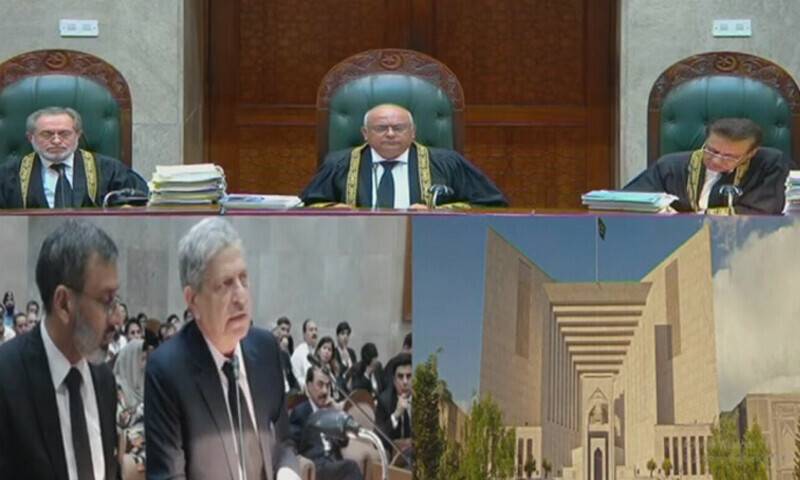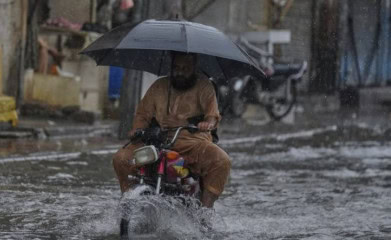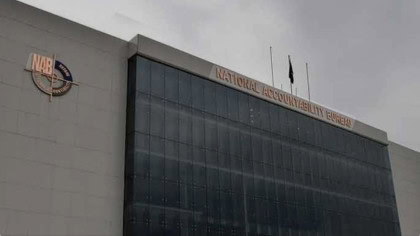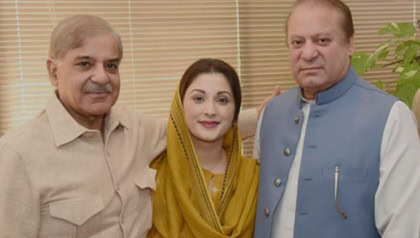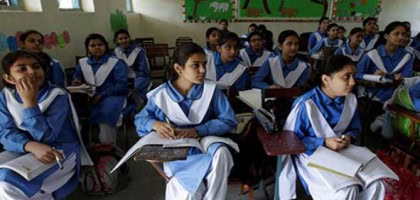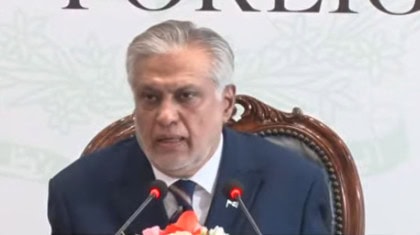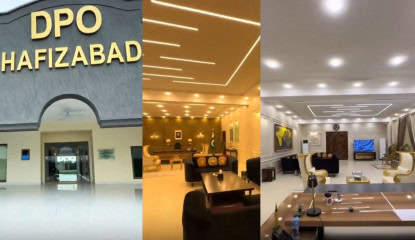ISLAMABAD – Supreme Court of Pakistan’s constitutional bench stripped Pakistan Tehreek-e-Insaf (PTI) of its claim to reserved seats, overturning an earlier verdict that had ruled in the party’s favor. The decision came in a 7-5 majority ruling, allowing a series of review petitions and reinstating the judgment of the Peshawar High Court.
The court’s latest verdict sets aside the July 12, 2024, decision, which was previously declared PTI eligible for reserved seats in both the National and Provincial Assemblies. With today’s ruling, those seats will not be allotted to the Sunni Ittehad Council (SIC), the party PTI-backed candidates had joined post-elections.
The apex court restored Peshawar High Court’s position, which had refused to grant reserved seats to SIC on grounds of it not meeting the constitutional criteria as a parliamentary party.
This judgment carries major implications for the composition of legislative bodies in Pakistan and is seen as a pivotal moment in the ongoing legal and political battles surrounding the 2024 general elections.
This ruling is likely to provoke strong reactions from PTI leadership and supporters, who have consistently criticized what they allege is judicial and institutional overreach aimed at sidelining the party from mainstream politics.
Earlier, Supreme Court of Pakistan reserved its verdict in the highly anticipated case regarding the distribution of reserved seats, with a ruling expected shortly. The case drawn national attention due to its potential impact on the composition of the National Assembly, especially concerning whether parties other than PTI will be awarded the vacant seats.
The top court reserved its judgment in the high-stakes review case concerning the allocation of reserved seats, with a verdict expected in the coming days.
The case, closely watched across the political spectrum, has stirred intense courtroom debate and raised questions about judicial impartiality and constitutional interpretation.
During the latest hearing, a tense exchange unfolded between Justice Jamal Khan Mandokhail and senior lawyer Hamid Khan. The latter argued that the court was not authorized to entertain the case, referencing previous legal precedents. Justice Mandokhail, however, challenged this position, demanding a clear citation from the Supreme Court Rules to support the claim.
Legal analysts suggest the court’s upcoming decision could pave the way for the distribution of reserved seats among political parties other than the Pakistan Tehreek-e-Insaf (PTI), potentially shifting parliamentary dynamics.
Initially, a 13-member constitutional bench led by Justice Aminuddin Khan began hearing the matter in May. However, the bench was later reduced after Justices Ayesha Malik and Shahid Waheed Abbasi recused themselves, declaring the petitions inadmissible. Justice Hassan Azhar Rizvi Panhwar also withdrew from the bench following objections raised by Hamid Khan, who linked the issue to the 26th Constitutional Amendment.
In a formal note explaining his decision, Justice Panhwar emphasized the importance of preserving judicial neutrality and public confidence, while acknowledging personal hurt over the objection.
Hamid Khan welcomed Panhwar’s recusal, drawing criticism from Justice Aminuddin, who reminded the court that other counsel from the Sunni Ittehad Council (SIC) were still presenting arguments. Justice Mandokhail also took issue with Hamid’s conduct, asserting that it disrupted court proceedings. Although Hamid was not officially entitled to speak at this stage, the court had allowed him time out of professional courtesy.
Following these withdrawals, the case continued before a 10-member bench. Hamid Khan further questioned the composition of this panel, hinting at “court packing”—a reference to the increased number of judges under the 26th Amendment to address case backlogs.
With arguments now concluded, the legal and political communities await the Supreme Court’s verdict, which is expected to have far-reaching consequences for party representation in the National Assembly.

